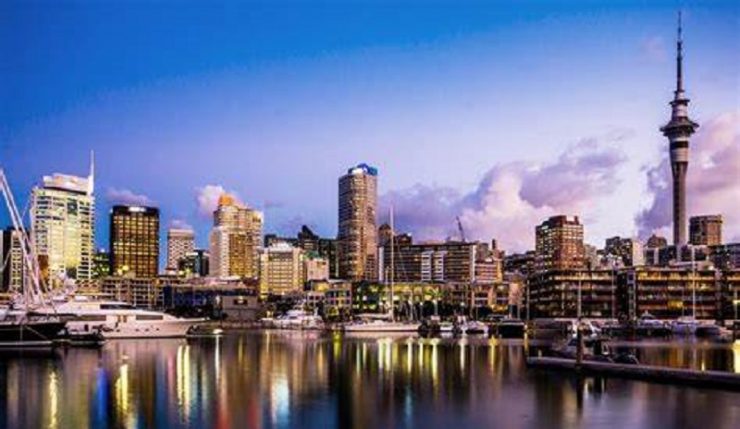NEW ZEALAND will for the first time ease the coronavirus-related border restrictions that have been in place since March 2020 and switch to a home isolation system for overseas arrivals who are fully vaccinated from early next year.
New Zealand was the first to close its borders in response to the pandemic last year. New Zealand continues to maintain strict restrictions that have left many foreign nationals and residents stranded for months.
The government says overseas travelers who are fully vaccinated will only spend seven days in state quarantine facilities starting November 14, or half of the current requirement. Home isolation will also be introduced in the first quarter of 2022, New Zealand’s Minister for COVID-19 Response Chris Hipkins said at a news conference.
“We are well aware of the increasing pressure on borders as the world begins to reconnect. One-way quarantine-free travel will be open to smaller Pacific countries such as Samoa, Tonga and Vanuatu from 8 November,” he said.
New Zealand was unable to stop the Delta variant forcing it to abandon its elimination strategy and move on to living with the virus. Strict restrictions in the country saw COVID-19 cases start to decline to around 5,900 cases in total and only 28 deaths.
However, the travel restrictions have angered many, the last to join in resisting them was Olympic sailing gold medalist and five-time America’s Cup winner Russell Coutts.
He said stadiums were full at events such as the English Premier League and European Champions League in football matches. The activity is proof that people overseas are living with COVID-19. [sources/photo special]
















